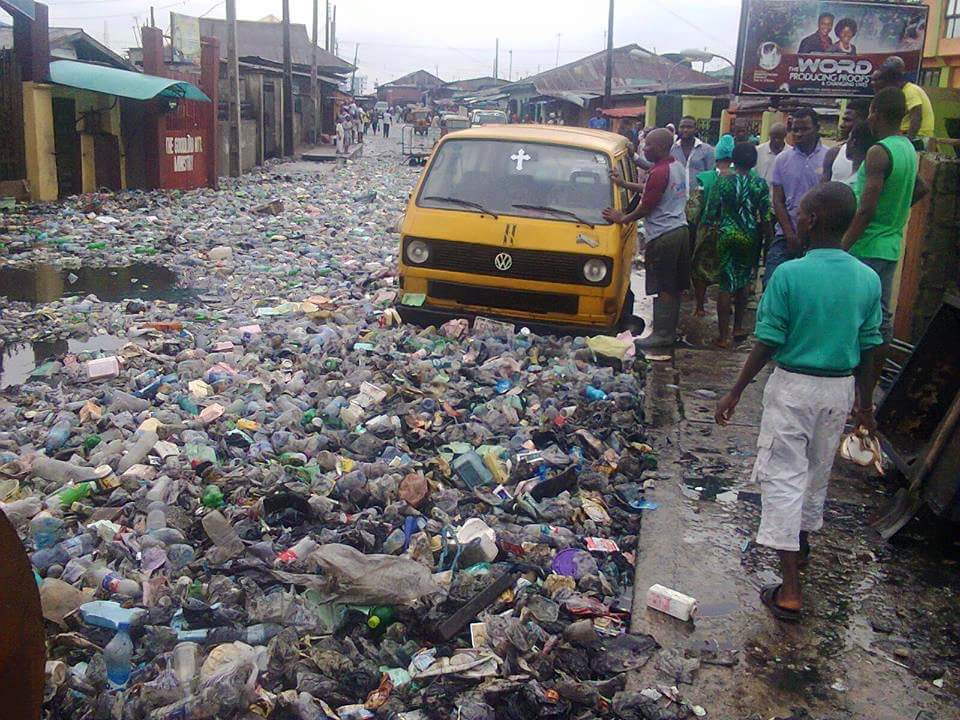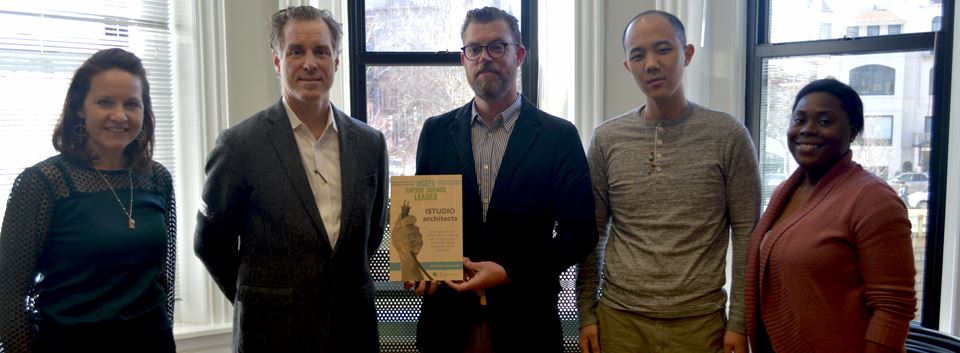 |
| Educational session on what boosts and blocks increasing wealth. |
An organization based in Massuchesetts, UNITED FOR A FAIR ECONOMY, is taking on this issue. A major part of the work is raising awareness through education and trainings, workshops designed for the stakeholders, utilizing creative forms of communication, and providing information that some media outlets are ignoring. Then, of course, there is making changes through the legislative route, through collaboration with the legislative programs of other organizations, and targeting corporations and retail outlets that promote injustice. And it's been in existence since 1994, when it was known as Share the Wealth.
Let's take a look at how disparities in income and wealth have affected this country. Since the 1970s, wealthy individuals, including CEOs of major corporations, have experienced rising wealth, as the stock market has reached ever higher levels, despite the smaller periods of recession.
Workers, however, have done less well. Even though it might seem that income has increased, wages have not kept up with rising prices, essentially providing no, or very little, growth in actual income. Add in job insecurity and rising rates of debt, and you have workers under income stress.
Another illustration of income disparity is looking at shares of the nation's wealth. Here we see that the wealthiest individuals, the top 10%, have cornered 90% of this country's wealth, while the bottom 90% have the remaining 10%. If you look at individual companies, the CEO receives 331 times the earnings of the average worker, as of 2013 figures.
Still, many Americans keep hoping for that once in a lifetime opportunity, that offhand chance that one day this regular worker will ascend into the wealthy stratosphere. But that hardly ever happens. Where does the majority get their wealth? It's generally passed on, from one generation to the next. If you are born into a wealthy family, you are sitting in the proverbial catbird seat, since 80% of wealth is inherited. Over the years, it has been white families that have often had that inherited wealth. For every dollar of wealth that a white family has, a black family has had less than ten cents. That's quite an income disparity.
As it turns out, during the same period of time, governments have been privatizing operations. So, private companies are now running some of the services that government used to provide, and they are charging premium amounts of money for those services, such things as public transportation, railroad transport, power, even water. Communities in which people with low incomes live have seen the ravages of these pricier services; they are paying the highest prices with falling-apart infrastructure, services denied, lack of access to areas that offer better jobs and schools.
 |
| A report by United For A Fair Economy, in light of changed circumstances with the new presidential administration. |
 |
| At a moral awakening demonstration in NC; raise those wages. |

























